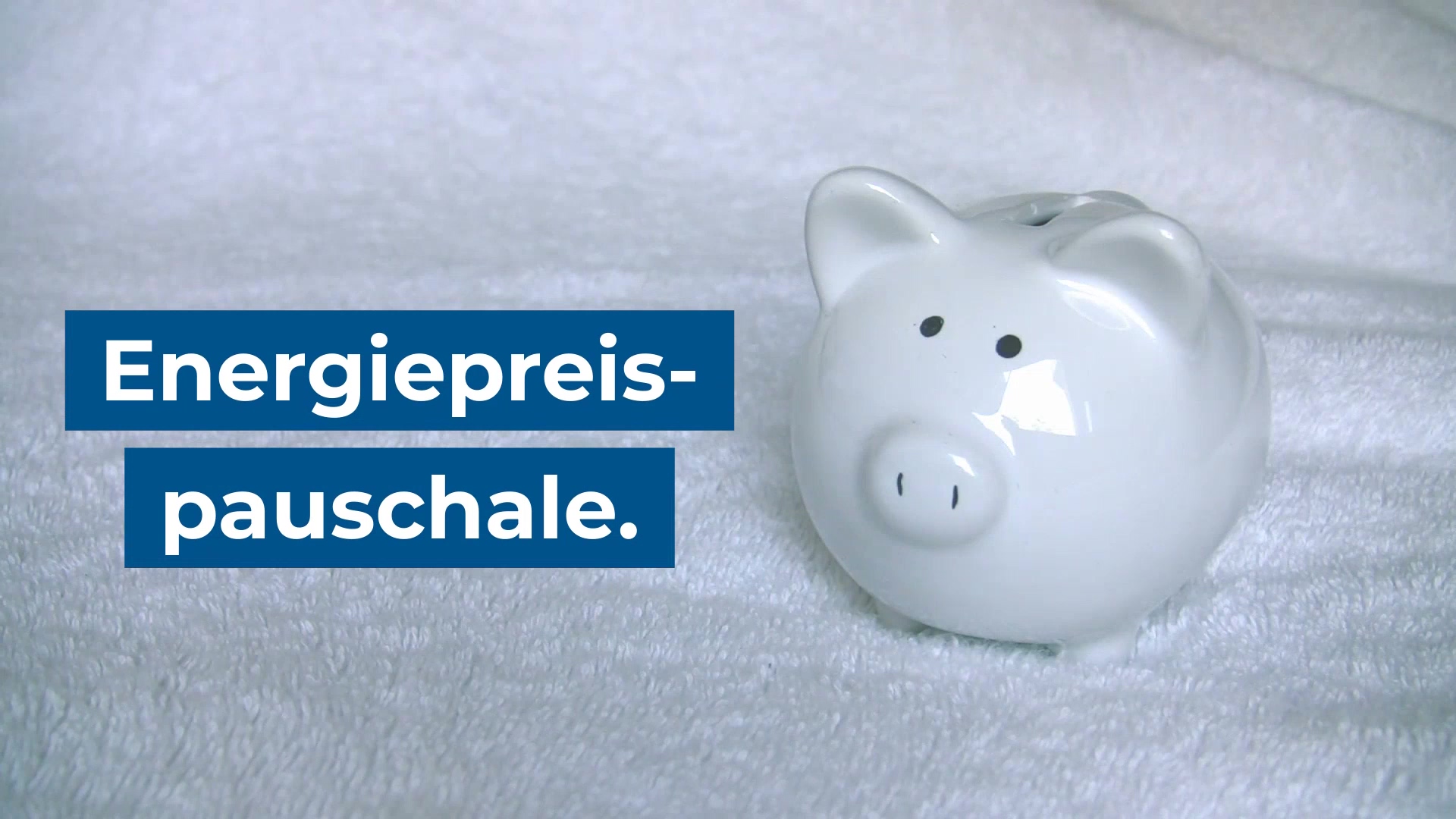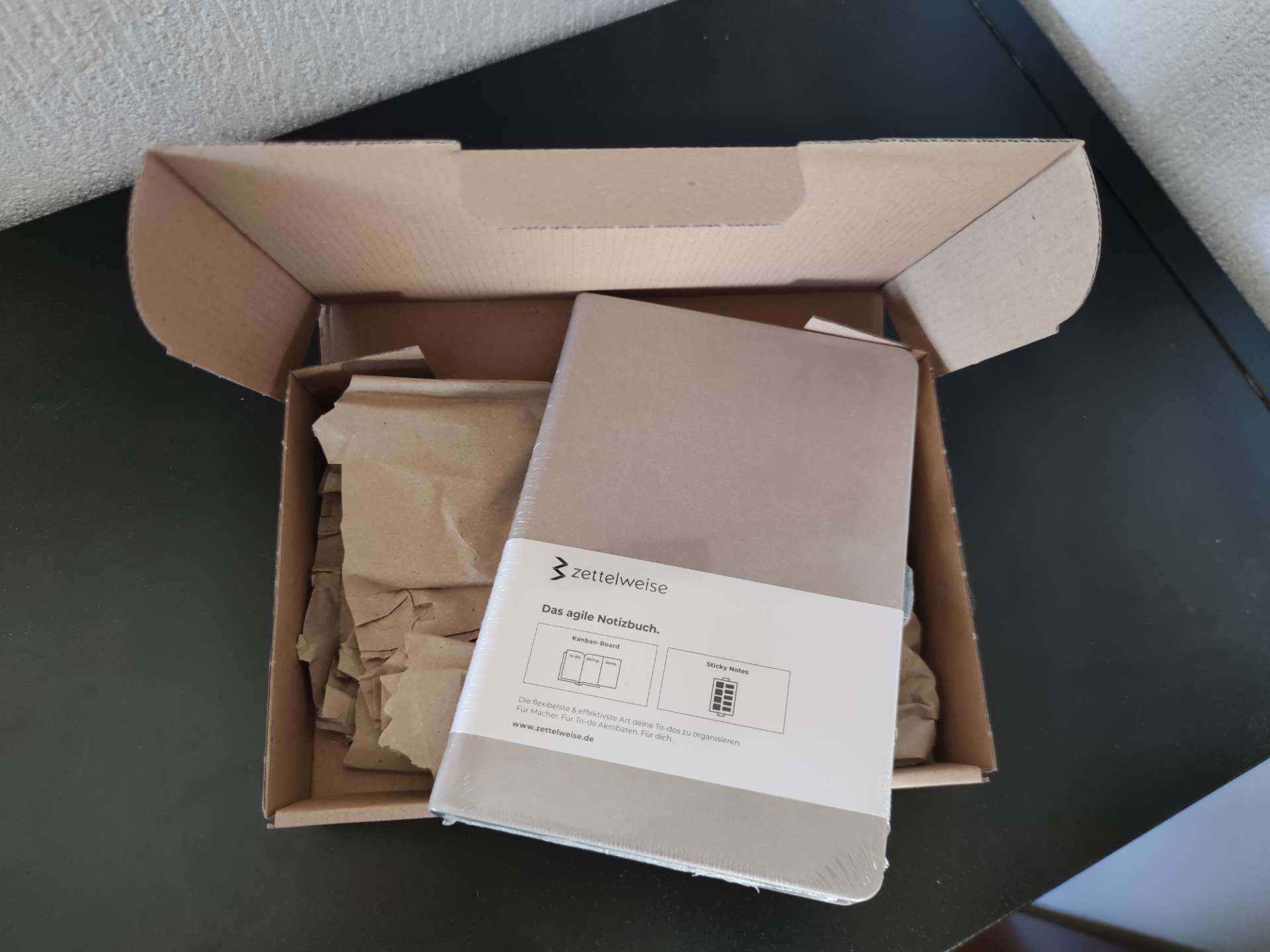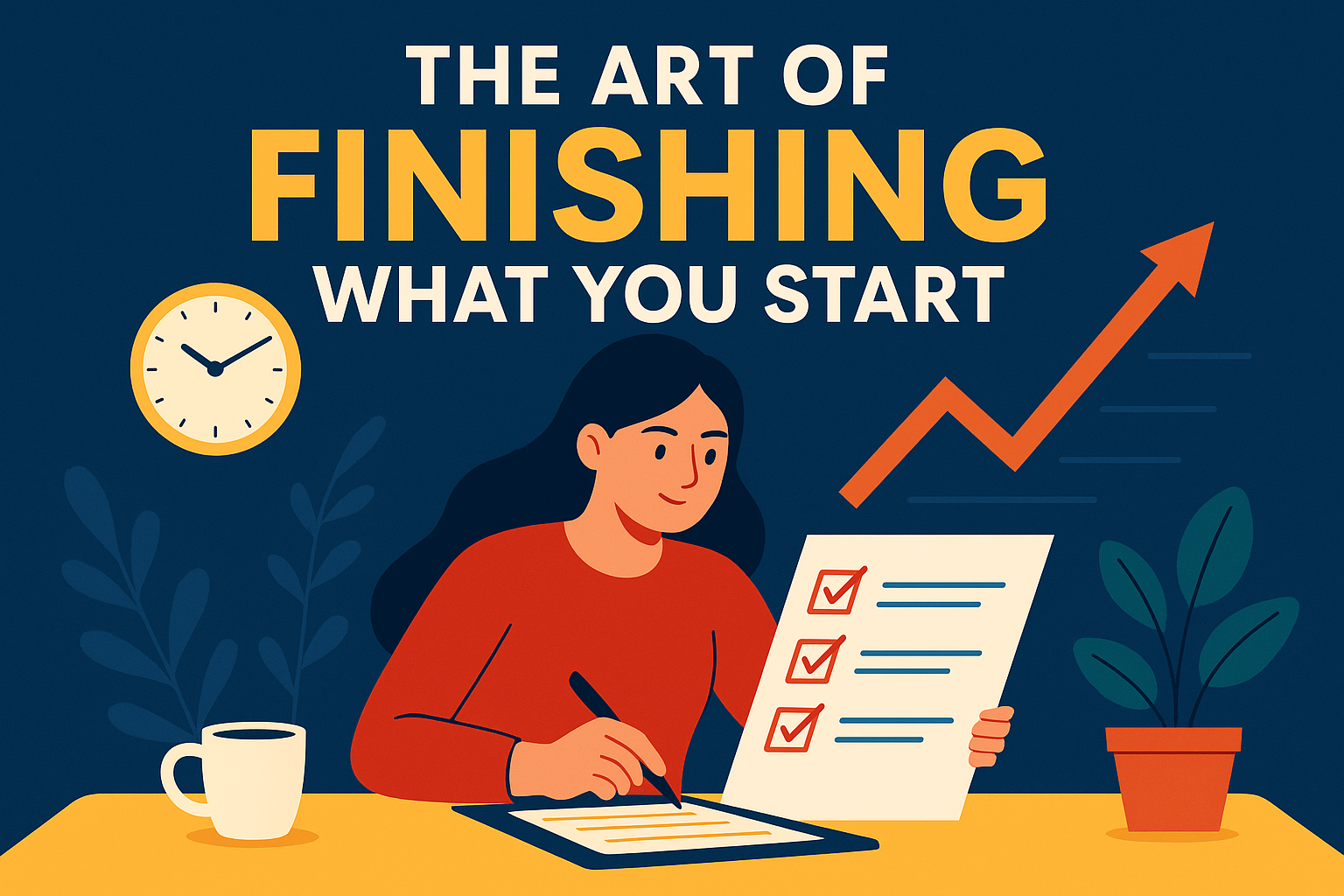Understanding a completion mindset is fundamental, even before digging into routines and tactics. Those always finishing up don’t just slog away—they approach things totally different. They’ve a «finish-it-up» outlook, placing a premium on wrapping things up before starting on the next one.
Cultivating a Completion Mindset
Picture the outcome first: Before jumping into anything, picture the finished thing. It kicks in a strong emotional drive.
Break down projects big projects seem scary. Splitting them into doable bits helps make action smoother.
Give yourself treats. Small rewards, after you’re done, they really hammer in the habit, and help your brain get satisfaction tied to finishing.
Spot your procrastination habits: Think ‘bout the jobs you put off, and why. Recognizing them is the first hop on the road to change.
Studies suggest: Visualization and upbeat rewards bump up the chances of getting stuff done, maybe even by 30%, which proves a decent mindset does actually matter.
Morning Routines Fueling Focus and Energy
How you start, impacts how well you get things done. That start can decide if you’re done, or if it stays incomplete. That’s why a good morning routine is absolutely key.
An Effective Morning Routine Checklist
- Meditation or mindful breath work (5–10 mins): Can soothe minds to concentrate on top things.
- Planning the day: Figure the top three most important task and get to em’ immediately.
- Quick physical exertion: A brisk 15 minutes boosts your energy, it really does boost concentration too.
- Review your long-term aims: Remember why do what ya do, strengthens your resolve.
Regular routines assist your brain with focus plus maintain discipline all day long. Behavioral science suggests those steady routines can crank up your productivity near 25% especially if planning and physical stuff are put in.
Focus Techniques All Day Long
Sustaining attention ain’t easy, needs much more than just good intentions. Distractions never quit, and multitasking makes the work just subpar. Some tricks can help you though:
Time Blocking and Pomodoro Technique
Splitting up your day into slots dedicated to certain tasks will certainly keep the focus going. The Pomodoro Technique calls for this stuff:
- Workin’ for 25 minutes only on one task, mind you.
- Then, a five-minute rest is a must.
- Repeat it four times before you take a longer breather like 15 to 30 minutes, huh?
This tactic boosts focus, eases mental weariness, plus helps big task feel more attainable!
“Eat the Frog” – Make the Hardest Task First!
Brian Tracy did a good job of popularizing this idea and it’s: Attack your biggest most challenging task first!
Tackling tough tasks right off the bat, that really eases worry and it makes sure the essential things actually get done.
A Distraction-Free Zone
- Keep your area clean and simple.
- Turn off email and social media notices when you’re working.
- Use headphones, or some music with no vocals, to help focus better.
Doing these minimizes disruptions, they maintain focus and ups the odds of finishing your work.
Habits That Wrap Up and Help Productivity
Just focus isn’t enough; finishing habits they help get tasks completed for sure.
Important Closing Habits Include:
- Checklists: You mark each step as done, and you get satisfaction and things get clear.
- Daily look back: Check what you did, then tweak what’s still open. It helps with accountability.
- Avoid multitasking: One thing at a time is key for efficiency, also there are fewer mistakes.
- Smart reminders and alarms: They really help make sure stuff isn’t left hanging.
Strong closing habits change your work style and make being productive feel natural, not forced.
Beating Procrastination
Procrastination, is a huge roadblock for getting things done. Why we do it? Well fear of failing, always wanting it perfect, or being bored, or just plain lack of drive.
Strategies That Will Stop Procrastination
- The One-Minute Start Method: Do something, just for a minute. That makes it easier, once you start.
- Break down tasks: Large projects become little steps so you’re not intimidated, not at all.
- Share your goals publicly: Helps boost accountability.
- The Two-Minute Rule: If something takes less than two minutes, get it done right away.
These techniques really help smash inertia and maintain consistency, critical for project completion, that is.
Digital Tools Supporting Task Completion
So, in this digital age, tools abound to help you stay sharp and finish up projects:
- Trello or Asana: Great for organizing projects and tasks visually.
- Notion: Broad project management, including lists, tables, and even habit tracking features.
- Forest: Gamifies avoiding phone distractions.
- RescueTime: Tracks your time and digital habits to make you more efficient.
Combining routine with focus and digital tools, you can really boost your productivity much more than expected.
Constant Review and Adjustment
Finishing tasks doesn’t have to mean being rigid at all. Regularly reviewing your habits and results, its essential.
- See what worked, and also what didn’t.
- Tweak your strategies based on your progress along the way.
- Learn from the mishaps and celebrate all your wins, big or small.
A weekly review will make discipline stronger and make sure you improve continuously, making it sustainable in the long term, right?
Real-Life Examples and Tales of Success
Look at examples of people actually using these strategies:
- Entrepreneur John: Divides his days into 90-minute blocks, plus the “eat the frog» method. He finishes projects that formerly took months of work!
- University student Marta: Uses Pomodoro and daily checklists. Grades improved, owing to her habit of meeting deadlines.
- Remote pro Carla: Uses weekly reviews and digital checklists. Her team sees her efficiency; they trust her.
These illustrate how forming completion habits changes outcomes in work and life.
Long-Term Gains of Mastering Completion
Finishing what’s started brings lasting benefits:
- Increased confidence: Completing stuff builds competence.
- Reduced stress: Clear priorities and finished tasks reduce the fretting.
- Career success: Trustworthy, project-completing professionals get noticed.
- Enhanced personal life: Completing personal projects elevates life satisfaction.
Finally, mastering completion paves the way for a sharper, tidier, happier life.
Conclusion
Finishing strong ain’t some natural gift, it’s a learned art built on mindset, good habits, discipline, and being consistent. Setting up morning routines, using focus tricks, establishing good closing habits, and ways to stop putting things off, digital tools—all these things keep you going and help you hit goals.
Remember, it’s not working more, it’s workin’ smart and bein’ intentional. Daily practice, regular check-ins, and tweaking what you do, and anyone can boss the art of finishing and make their life more organized and happy.
latest posts published

Are you starting to run? This is how we persevere!

Your time invested profitably every day: What are your EPAs?

Energy flat rate: who is entitled to the 300 euro bonus?

Here’s how companies choose the right solution

Set and achieve goals with SMART

Different working models and employee retention: a connection?

Flexible working hours

Personal Kanban in the notebook: be productive

Reporting for effective workforce management


